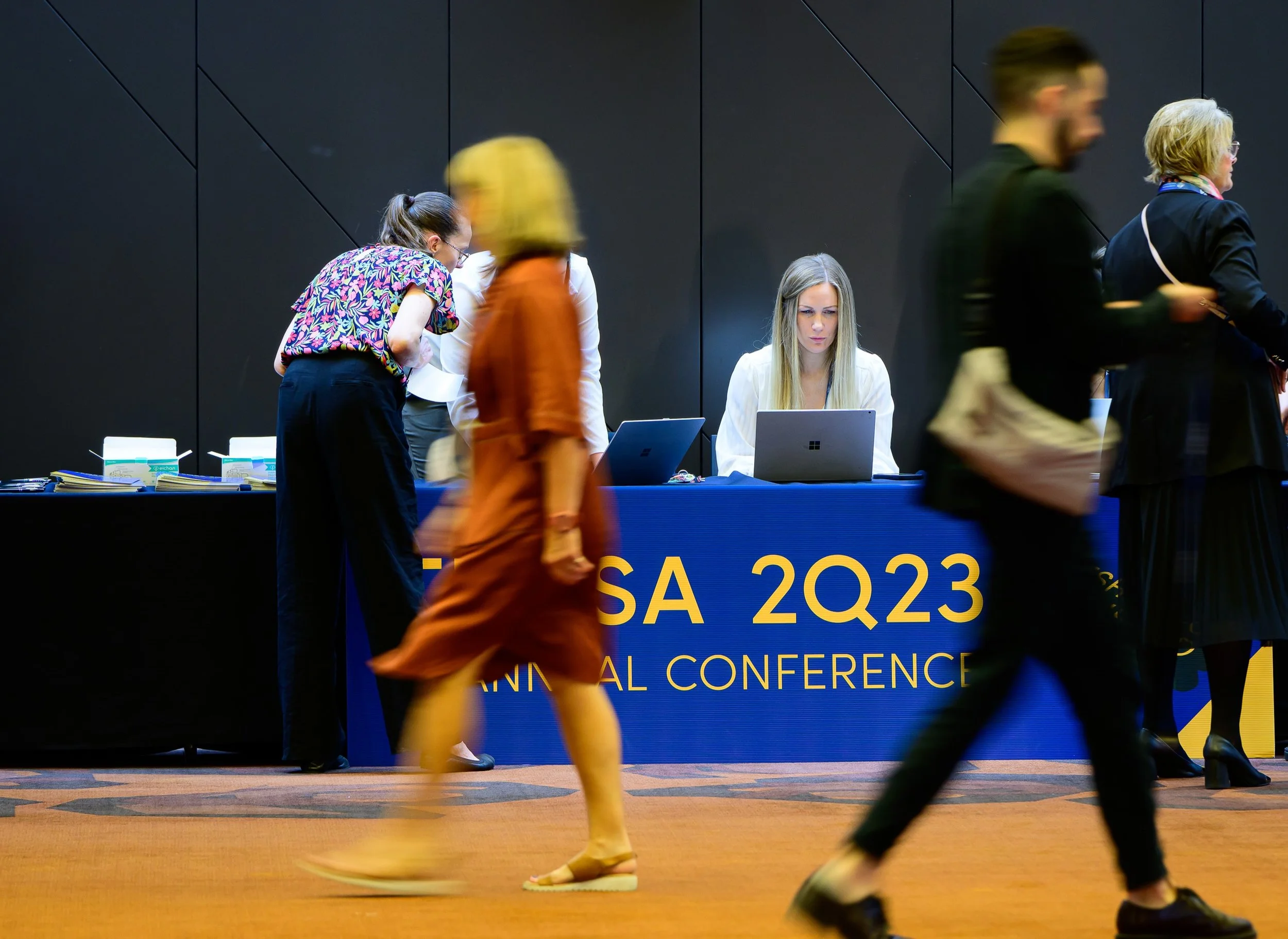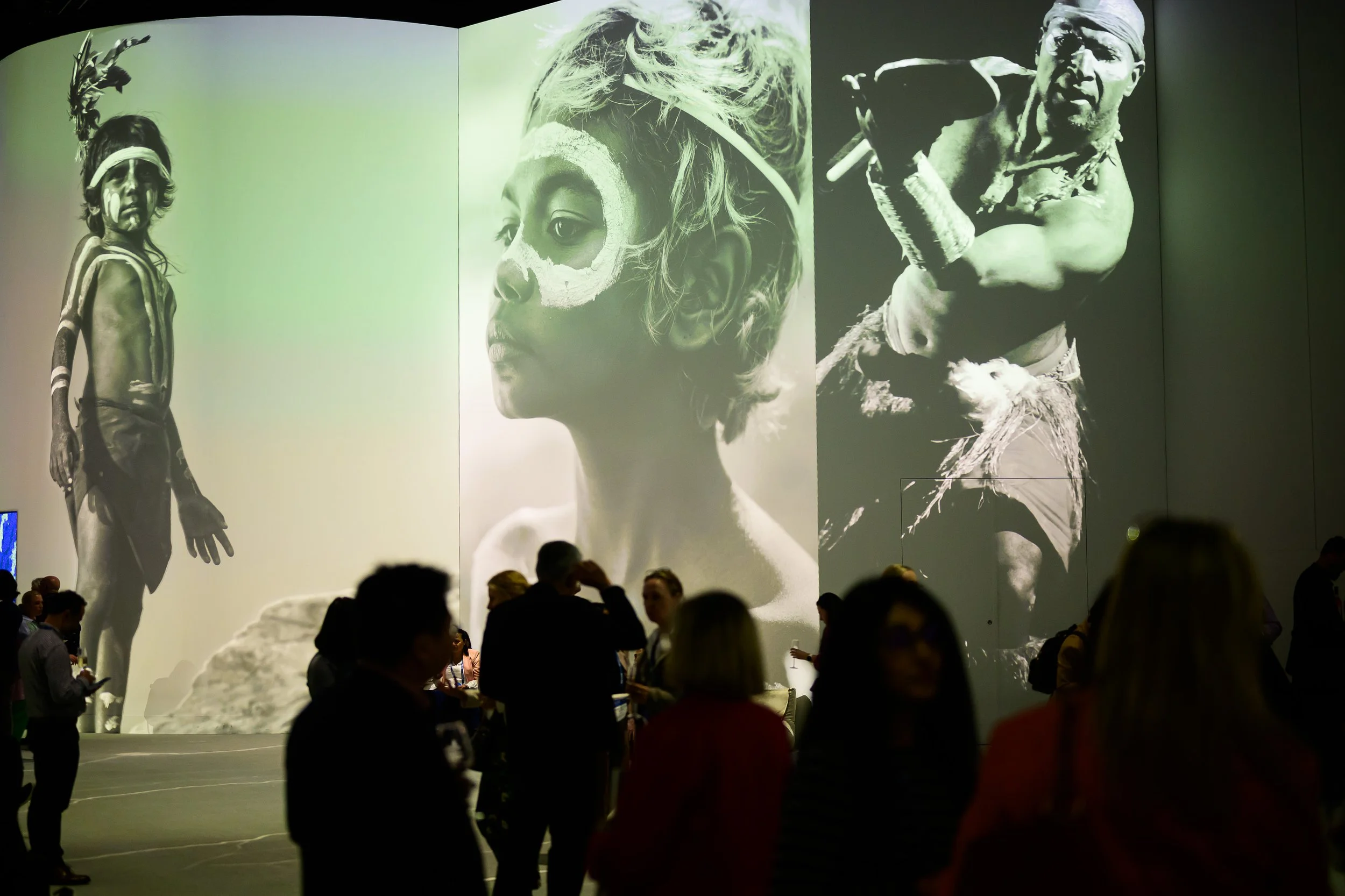
TERMS OF SERVICE
ASN Green Policy
For many years ASN Events has embraced sustainable practices both at its office and during the conduct an event.
This was first officially recognised when we were included in the MCVB Green Credentials Listing 2009. ASN has continued and expanded its commitment to sustainable conferencing and office management.
We have a history of achieving accreditation from various government sustainability programs.
We have embraced practices in the workplace designed to reduce our carbon footprint by reducing waste and encourage recycling both in our own practices and those of our suppliers. The ASN office uses 100% recycled paper products, practices waste separation and scrap paper is reused for all in house unpublished printing.
ASN Green Conferences
ASN Events considers itself an advocate for sustainable events, working with our clients to achieve the best outcomes for those events and the environment. In organising The World Sustainable Building 2008 (SB08) conference we worked with Melbourne Convention Exhibition Centre (MCEC) to help run our first carbon neutral conference and develop green conferencing policy. ASN has since built on this initial success and is now a leader in managing conferences with the smallest ecological and carbon footprint possible.
We embrace all environmental initiatives offered by venues and work from our own established guidelines to minimise environmental impact and maximise event success. As an example, ASN Events was responsible for organising the very successful Thin Green Line Music Festival in February 2009 on Victoria’s Mornington Peninsula. The event itself achieved Gold Waste Wise certification and is being used as a benchmark for other outdoor festivals on the Mornington Peninsula.
Organising a Sustainable Conference
Broadly there are three key elements:
Each activity of the conference should be designed to minimise waste and energy usage.
The conference can commit (as part of its budget) to offset carbon use by putting funds into a carbon offset program.
Providing information to allow delegates to make the appropriate decision to assist in reducing their carbon footprint.
In many cases adopting these elements have permanently changed the processes/choices of the venue leaving a heritage beyond the meeting.
Individual strategies:
Travel: Delegates should be encouraged to offset their travel (easy with air travel). The location of the conference should be such that travel is limited or is easily reached by public transport. When travel by car, carpooling is encouraged.
Energy: The main energy use of any conference is electricity (i.e. lighting, heating/cooling, cooking, transport of food and goods). It is estimated that 90% of conference carbon generated is power.
Solution: the purchase of green power for the venue for the duration of the conference.
Food: Adoption of the 100 mile (160 kilometre) policy is one way of ensuring the vast majority of food is local. This limits energy spent on transport, refrigeration/storage.
This supports local produce and producers.
Menu choices avoiding non sustainable product s (e.g. tuna, hake).
Food left over is given to Oz Harvest or similar.
Accommodation: ASN can rate hotels based on their green credentials. This information is published on the conference web site to allow delegate to make informed decisions.
Collateral:
Avoid satchel inserts provide alternatives such as advertisements in the proceedings
Avoid printed material electronic proceedings/programs / conference app preferred
Satchels: If required, they should be reusable and made from recyclable material (eg bamboo, cotton).
Recycle and reuse lanyards and badge holders
Any printing should be on recycled paper and with vegetable inks.
Doubled sided printing
Venue:
Use of crockery not disposable vessels
Tap water rather than bottled water or recyclable and reusable bottles
Waste separation and waste minimisation policy and practice
Worm farms for food waste
Rainwater collection
All these solutions require working with others i.e. the venues, hotels, suppliers and delegates, working towards a common goal.
If you have any concerns or require further clarification, please contact us below.
T +61 3 8658 9530 F +61 3 8658 9531
E participation@asnevents.net.au
Terms of Service
Terms & Conditions
Privacy Policy
Refunds & Cancellation Policy
Green Policy

